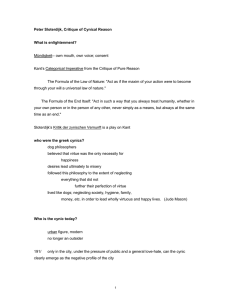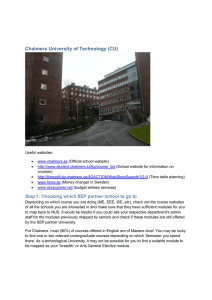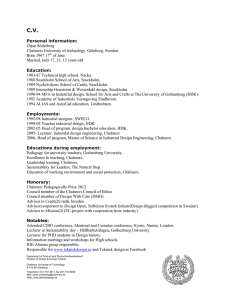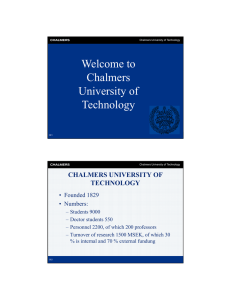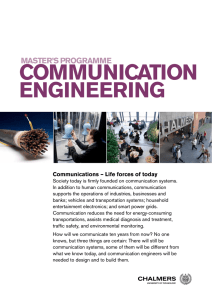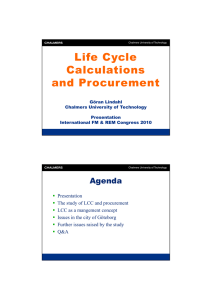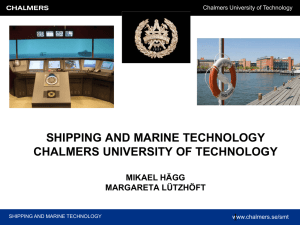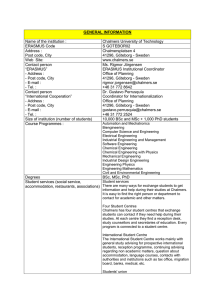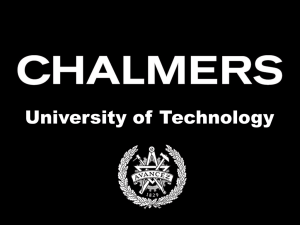Third paper. NB: no paraphrases; answer in your own words.... five In "Can we construct a science of consciousness", and in...
advertisement
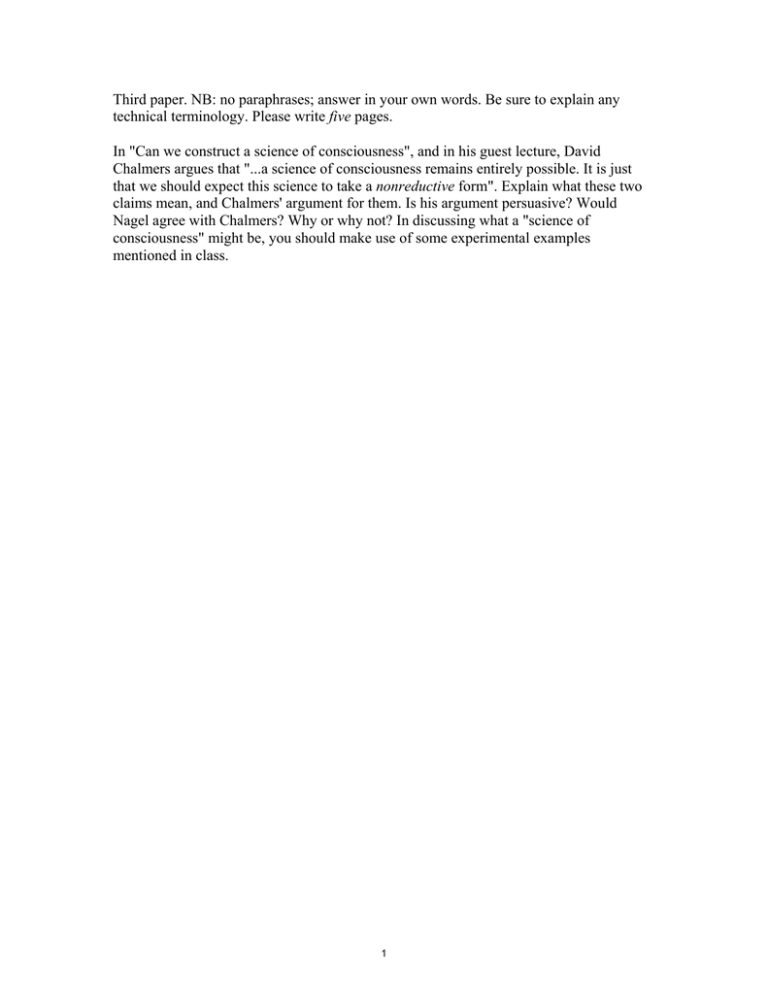
Third paper. NB: no paraphrases; answer in your own words. Be sure to explain any technical terminology. Please write five pages. In "Can we construct a science of consciousness", and in his guest lecture, David Chalmers argues that "...a science of consciousness remains entirely possible. It is just that we should expect this science to take a nonreductive form". Explain what these two claims mean, and Chalmers' argument for them. Is his argument persuasive? Would Nagel agree with Chalmers? Why or why not? In discussing what a "science of consciousness" might be, you should make use of some experimental examples mentioned in class. 1 MIT OpenCourseWare http://ocw.mit.edu 24.08J / 9.48J Philosophical Issues in Brain Science Spring 2009 For information about citing these materials or our Terms of Use, visit: http://ocw.mit.edu/terms.

